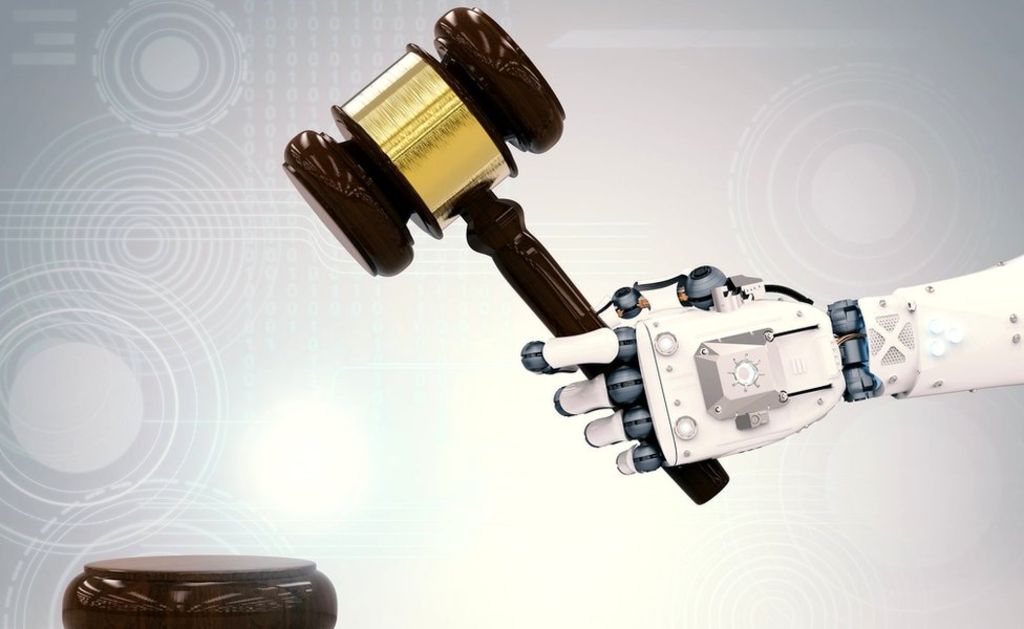Jan 20, 2018
Army Grapples With Cyber Age Battles In Megacities
Posted by Klaus Baldauf in categories: 3D printing, biotech/medical, drones, law, military, terrorism
High-tech warfare at knife-fight ranges: that’s the ugly future of urban combat. If you thought Baghdad was bad, with its roughly six million people, imagine a “megacity” of 10 or 20 million, where the slums have more inhabitants than some countries. Imagine a city of the very near future where suspicious locals post every US military movement on Twitter with digital photos and GPS-precise coordinates. Imagine roadside bombs that fly because the bad guys downloaded blueprints for a kamikaze mini-drone and built it with their 3D printer.
As the US pulls out of the mountains and deserts of Afghanistan, the Navy and Air Force may be looking to the wide-open Pacific, but the Army is increasingly concerned about the cramped alleyways of Third World cities. (The Marines, as usual, have a foot in both worlds). Chief of Staff Ray Odierno’s personal Strategic Studies Group — now led by hybrid warfare expert David Johnson — is working on the subject, as is the Army’s think tank and teaching institution, Training and Doctrine Command (TRADOC). This August, after months of seminars, simulations, and study, the Army War College will host a “deep future wargame” set in a megacity, probably a coastal one, circa 2035.
Continue reading “Army Grapples With Cyber Age Battles In Megacities” »

















